Image
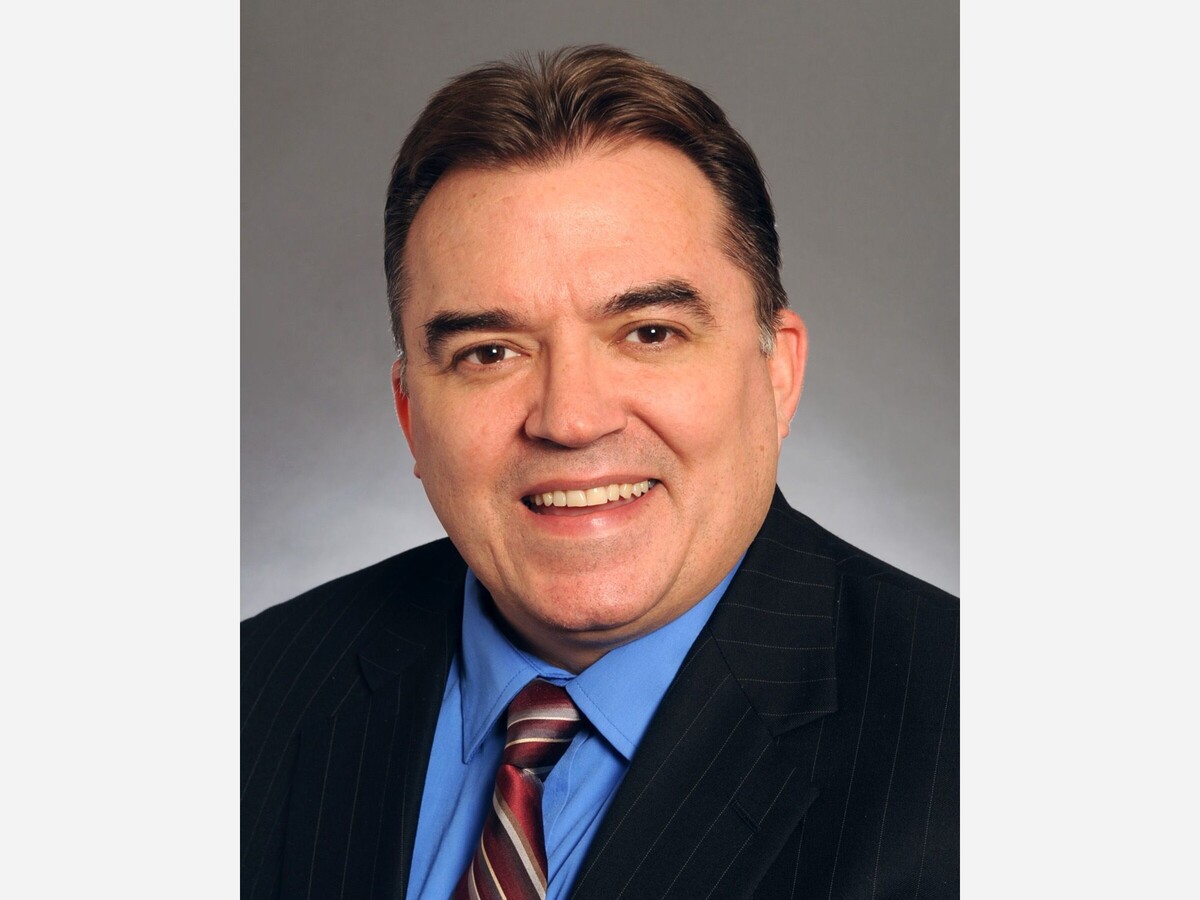
Exclusive Interview with Sen. John Hoffman Chair of the Minnesota Senate Human Services Committee
Addressing Minnesota’s Human Services Challenges: A Conversation with Senator John Hoffman
Interview by Tom Akaolisa | MinneapoliMedia
As Minnesota grapples with rising needs in Human Services—particularly in youth mental health, substance abuse, housing insecurity, and support for immigrant communities—MinneapolMedia sat down for an in-depth conversation with Senator John Hoffman, Chair of the Minnesota Senate Human Services Committee. In this exclusive interview, Senator Hoffman shares his insights on legislative priorities, systemic challenges, and the crucial work being done to support vulnerable populations across the state.
Tom Akaolisa: Senator Hoffman, thank you for joining us today. How are you?
Senator John Hoffman: I’m doing well, thank you. It’s good to be here. I appreciate you coming by. These are serious times, and I’m glad we’re having this conversation.
You know, government funding is cyclical. Back in 2011, we faced a $2 billion cut to Human Services due to projected deficits. We spent the last two years correcting those impacts—now here we are again, reevaluating and adjusting. And the big question is: what does this mean for our service providers and the people who depend on them?
Tom Akaolisa: Let’s begin with a growing concern: youth mental health. Suicide rates among young people, especially within immigrant communities, are on the rise. What policies or initiatives are being prioritized to improve access to care and early intervention?
Sen. Hoffman: It starts with community conversation. We have to first destigmatize mental health challenges. Shame is often at the root of silence—whether it’s cultural, familial, or personal. Our job is to meet families where they are, not expect them to meet the system where it is.
We need to invest in culturally competent support systems. A few years ago, Representative Mohamud Noor and I led efforts to allocate funding toward emerging and diverse community providers—East and West African communities, for example—so they could offer mental health services that reflect their community’s lived experiences.
But we need to continue and expand these efforts. Even in times of fiscal tightening, we must prioritize resources for local and culturally appropriate care.
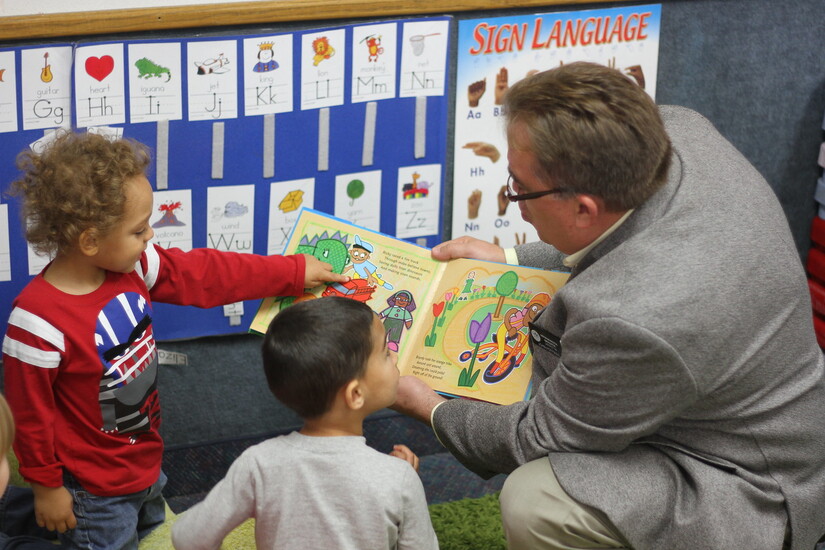
Tom Akaolisa: Many immigrant families face language barriers and a lack of trust in the health care system. What is the state doing to improve accessibility?
Sen. Hoffman: You're absolutely right. That lack of trust and cultural disconnect creates a significant barrier. We've invested in community-based organizations like ACER and the Organization of Liberians in Minnesota. These groups act as trusted navigators. They help families understand how to access services and support in a way that makes sense to them.
But this is where the challenge lies—when budget cuts are proposed, programs like these are often the first on the chopping block. That’s backwards. These organizations are essential, not expendable. We should be enhancing their capacity, not reducing it.
Tom Akaolisa: Drug use, particularly opioids and fentanyl, has led to a tragic rise in youth overdoses. What legislative steps are being taken?
Sen. Hoffman: That’s a critical issue. But again, we have to ask: why are our youth numbing themselves? Often, the answer is trauma. They haven’t been equipped with the tools to process it, and so they seek escape.
There are inspiring examples of youth-led recovery organizations—like Somali youth in the Brian Coyle community—who are taking the lead in helping their peers. They have the lived experience and cultural connection that make real impact.
We need to support and expand these grassroots organizations. Budget constraints shouldn’t mean neglecting this crucial work.
Tom Akaolisa: Youth crime is also on the rise, particularly in communities facing economic and social disparities. What’s being done to address the root causes?
Sen. Hoffman: We have to stop treating crime in isolation. Just like with substance abuse, we need to understand the why behind the behavior. What trauma, unmet need, or lack of opportunity is driving it?
I spent seven years running a juvenile detention facility. I saw firsthand the tragic outcomes when systems fail kids early. One young girl who came through had experienced profound trauma as a toddler, and at 14, she snapped. That situation could’ve been prevented.
Local communities like Brooklyn Park are implementing models that work—integrating mental health professionals with police departments, focusing on intervention, not just enforcement. The state must continue to fund and support these efforts.
Tom Akaolisa: Many immigrant youth struggle with integration, discrimination, and lack of access to support. What initiatives are in place to help them succeed?
Sen. Hoffman: One of the most powerful campaigns I’ve seen is from the Governor’s Council on Developmental Disabilities: “Treat People Like People.” It’s a simple but profound message. We all have differences—but those differences should be a source of strength, not division.
In our committee, we're working to shift systems that have historically labeled and segregated. When Representative Noor and I pushed for hiring East and West African staff at the state level, it was to ensure that community members could access services from people who understand their background.
Look at Brooklyn Park—we're the most diverse city in Minnesota. We have the largest Liberian and Oromo populations outside of Liberia and Ethiopia, respectively. That should be celebrated. And it should inform how we build policy—by listening and learning from our neighbors.
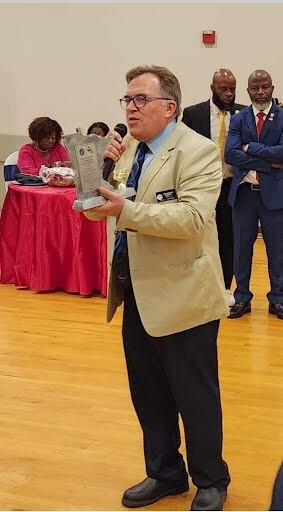
Sen. Hoffman: Finally, many families simply don’t know what resources are available. How is the state ensuring information reaches the people who need it most?
Sen. Hoffman: We’ve made some strides, but there’s more to be done. Outreach has to be hyper-local, and staff at every level—from state to city—need to reflect the communities they serve.
Here's a thought: let’s take a road trip together—through Coon Rapids, Champlin, Brooklyn Park—and observe what our city halls and public offices look like. Do they reflect our communities? Are they welcoming? That kind of transparency matters. It shows whether inclusion is just a talking point or a practice.
I believe our differences make us stronger. And when every Minnesotan has a seat at the table, we all do better.
Tom Akaolisa: Thank you, Senator Hoffman. This has been a deeply insightful conversation.
Sen. Hoffman: Thank you, Tom. Let’s keep the dialogue going—and keep working toward a more inclusive Minnesota.
PART B
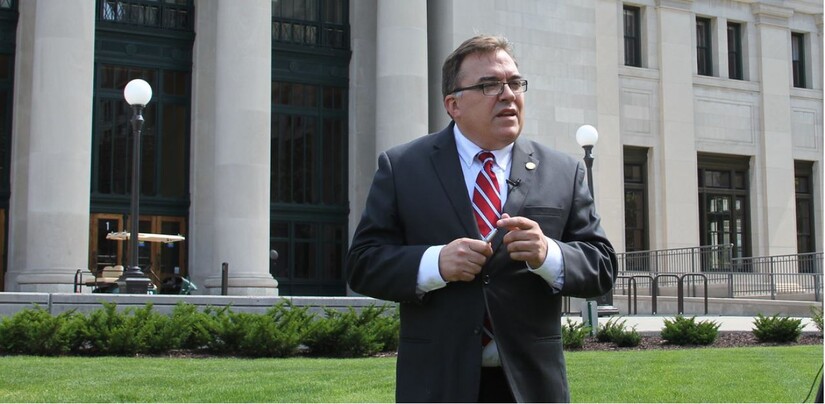
Senator John Hoffman Talks Mental Health, Police Diversity, and Building Trust with Immigrant Communities – Part B
In the concluding part of our in-depth conversation, Senator John Hoffman, Chair of the Minnesota Senate Human Services Committee, speaks candidly with Tom Akaolisa about policing, youth mental health, and the importance of local community partnerships.
Diversifying Law Enforcement: A Step Toward De-escalation and Trust
Tom Akaolisa: Let me ask a related question about policing. Are there any programs or efforts to encourage more minorities to join law enforcement? I've heard community members express that if more officers looked like them, it could help prevent some of the deadly encounters we've seen.
Sen. Hoffman: That’s a great question. The law enforcement training academy—there’s a major one now centered in Brooklyn Park at North Hennepin Community College's tech campus—is a key piece. While there hasn’t been a comprehensive statewide study, anecdotally, I know that some departments are working harder to recruit from diverse communities.
“We need to be asking: What are the departments doing to recruit more youth from places like Brooklyn Park or East African communities?” — Sen. Hoffman
You’d have to speak with those training centers and departments directly to get the data. Are they reaching out to schools? Are they seeing an uptick in interest? That kind of localized insight is critical.
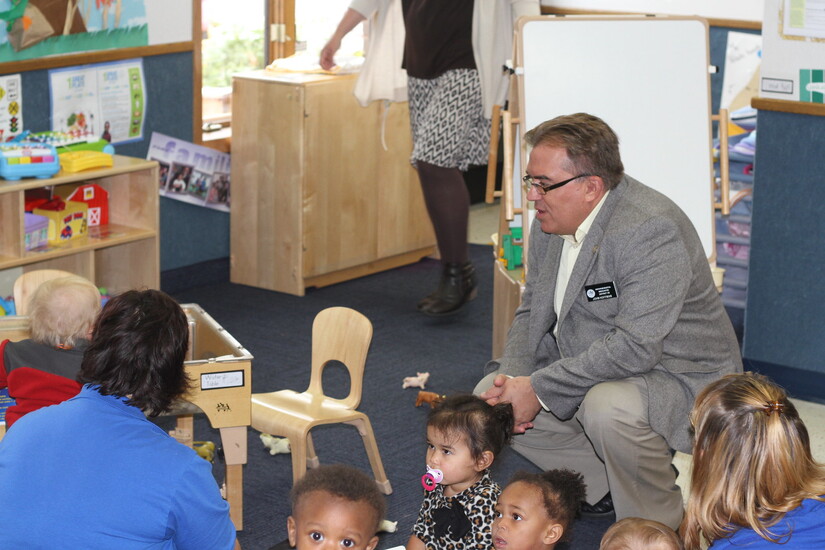
Meeting Youth Where They Are: Mental Health and Mentorship in Schools
Tom Akaolisa: Education shapes futures. What is Minnesota doing to ensure schools have resources for mental health services, mentorship, and at-risk youth support?
Sen. Hoffman: We've increased funding for school-based mental health over the years—my first bill on this was over a decade ago for $10 million. We've continued growing that support because the need is still so great. Especially after COVID, the pressure on both students and teachers has exploded.
“When did public education become so stressful? Teachers are burnt out. Students are struggling. We need to support both.” — Sen. Hoffman
The challenge is that third-party billing—like through HMOs or Managed Care Organizations—often creates roadblocks. They don’t want to cover mental health services fully. I’ve long supported a single-payer healthcare system, like the one the Mille Lacs Band of Ojibwe uses, where they address mental health needs head-on.
We’ve put more funds into third-party billing assistance, but it’s still not enough. Now, as budget projections hint at potential deficits again, we must manage those while continuing to support these essential services.
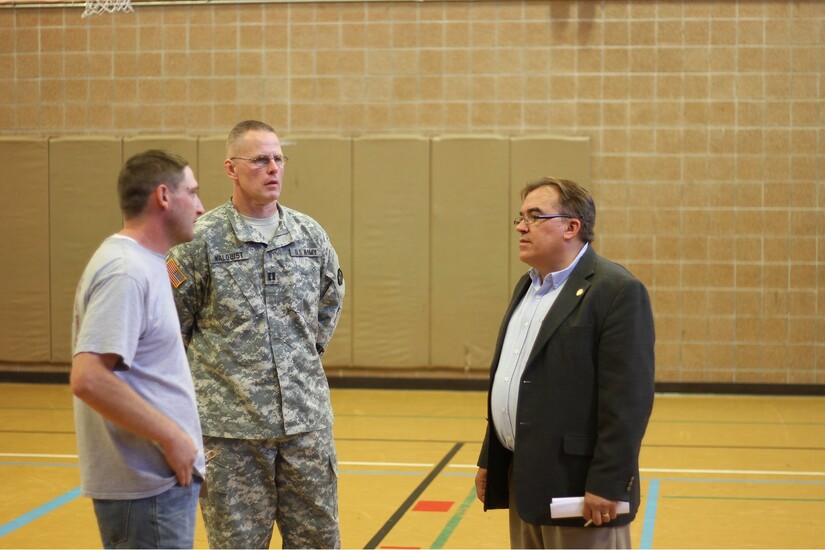
Law Enforcement and Immigrant Communities: A Trust Rebuild
Tom Akaolisa: There’s still a trust gap between law enforcement and immigrant communities. This leads to underreporting of crimes and disconnected youth. What’s the state doing to help?
Sen. Hoffman: A lot of that work is happening at the local level. Brooklyn Park, for example, has done amazing work embedding mental health professionals into police response teams. Instead of sending just officers to a call, they send social workers and mental health experts first.
“You’ve seen the difference it makes. It’s working. It’s reducing tension. And it’s a model worth expanding.” — Sen. Hoffman
This approach helps de-escalate situations and creates a safer, more understanding response environment. Human Services supports those efforts because ultimately, they impact community safety and trust.
From Cameroon to Coon Rapids: A Moment of Levity
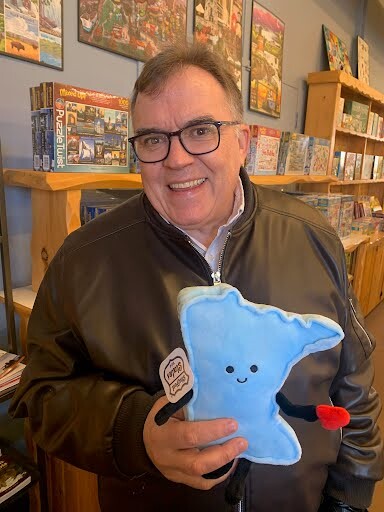
As the conversation winds down, Hoffman points to a bag hanging in his office.
Sen. Hoffman: You see that bag? That was given to me by royalty—the Crown Prince from Cameroon during a tour. We have a strong Cameroonian population in Champlin, Coon Rapids, Brooklyn Park.
Tom Akaolisa: That’s amazing.
Sen. Hoffman (laughing): So imagine me riding a bike around those neighborhoods like we’ve been talking about. You think they wouldn’t be sitting there, sipping their Cameroon coffee, laughing at me wobbling around? Yeah, let’s drive instead.
Final Thoughts
Tom Akaolisa: Thank you so much for your time, Senator. This has been eye-opening.
Sen. Hoffman: Always a pleasure. Let’s keep the conversation going. This isn’t just an interview—it’s how change starts